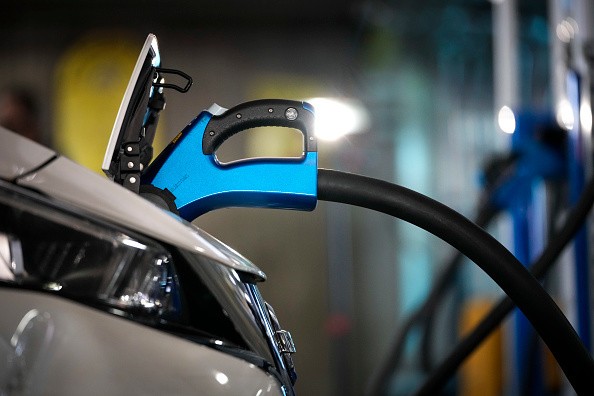"The future is here" is what people mostly hear when talking about electric vehicles, and it is true for the clean energy vehicles as they bring many features that surpass ICEs for their releases.
Now, there is a report saying that conventional braking that uses disc and drum brakes with pads will cease to exist in favor of regenerative braking for EVs.
The Future of Braking: No More Conventional Braking, Regenerative is Here

According to a report by News.Com Australia, many car manufacturers that focus on electric mobility are already widening their research and development of regenerative braking for cars. It could replace the conventional braking that vehicles have used since the first cars available on the market, using brake pads and calipers to stop a vehicle from further accelerating.
In the past, braking technology improved for vehicles as it took on disc brakes which have more powerful stopping power than drum brakes. Both are known as conventional braking methods that use brake pads that get thinner over time, as it is the only way to stop a car despite having both manual and automatic transmissions equipped.
Non-Exhaust Pollution Brought by Conventional Brakes
An expert for non-exhaust particle emissions broke down how much conventional brakes bring pollution to the environment, especially as it leaves behind traces of metal and other contaminants on the ground. It can mix with air and water as well, as these are micro-particles that are sometimes unseen by the eyes, without the person's knowledge.
EVs and the Technology it Brings
Many EV companies bring regenerative braking to their electric cars. It helps in providing an extra charge and mileage to a vehicle when used on roads and for daily transportation needs. Why? Because it turns the energy created when friction stops the car to slow down or completely stop into usable energy for its batteries.
Tesla is one of the companies that bring regenerative braking for its electric vehicles, and it previously disappeared from its settings, which made EV owners furious about the happenings.
However, other car manufacturers are not open to this technology yet. Still, it may soon come for their EVs to use, as it is a way to bring energy from friction into additional charge for their vehicles.
For now, the reports circulating on the many possibilities of a future without brakes and it does not necessarily mean that it would be able to stop the cars. However, it would turn to other technology that does not contribute to polluting the environment and many contributors that would harm the environment for the future of transportation.
Related Article : EV Tax Credits Not Needed? Coal Millionaire Explains Why
This article is owned by Tech Times
Written by Isaiah Richard
ⓒ 2025 TECHTIMES.com All rights reserved. Do not reproduce without permission.




